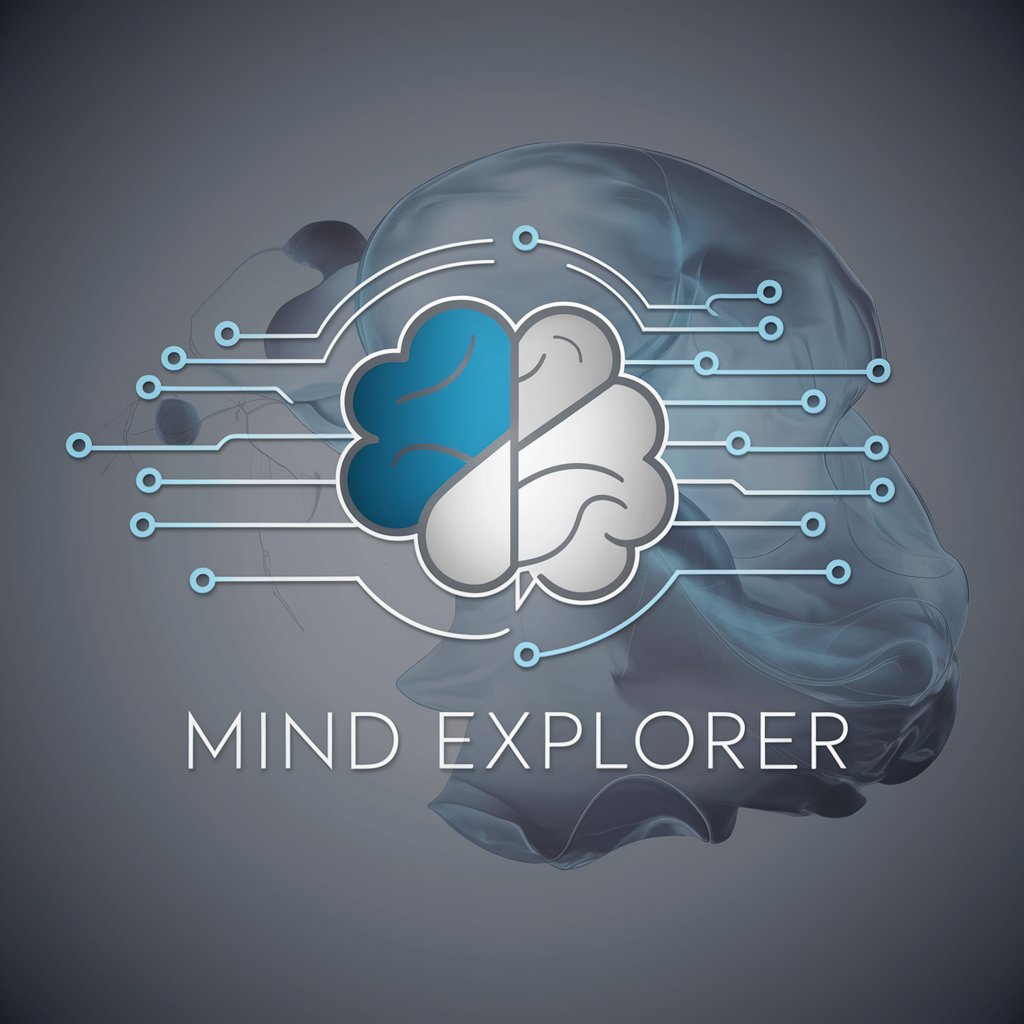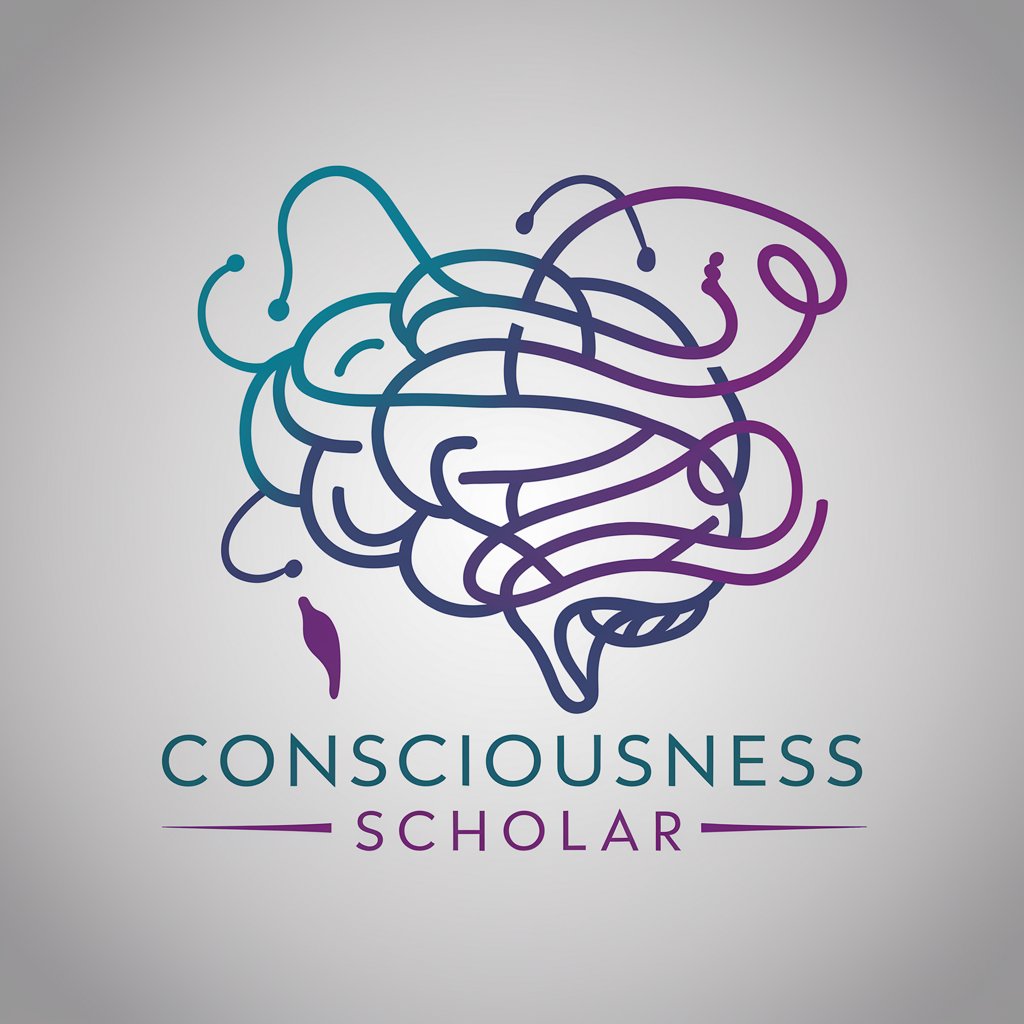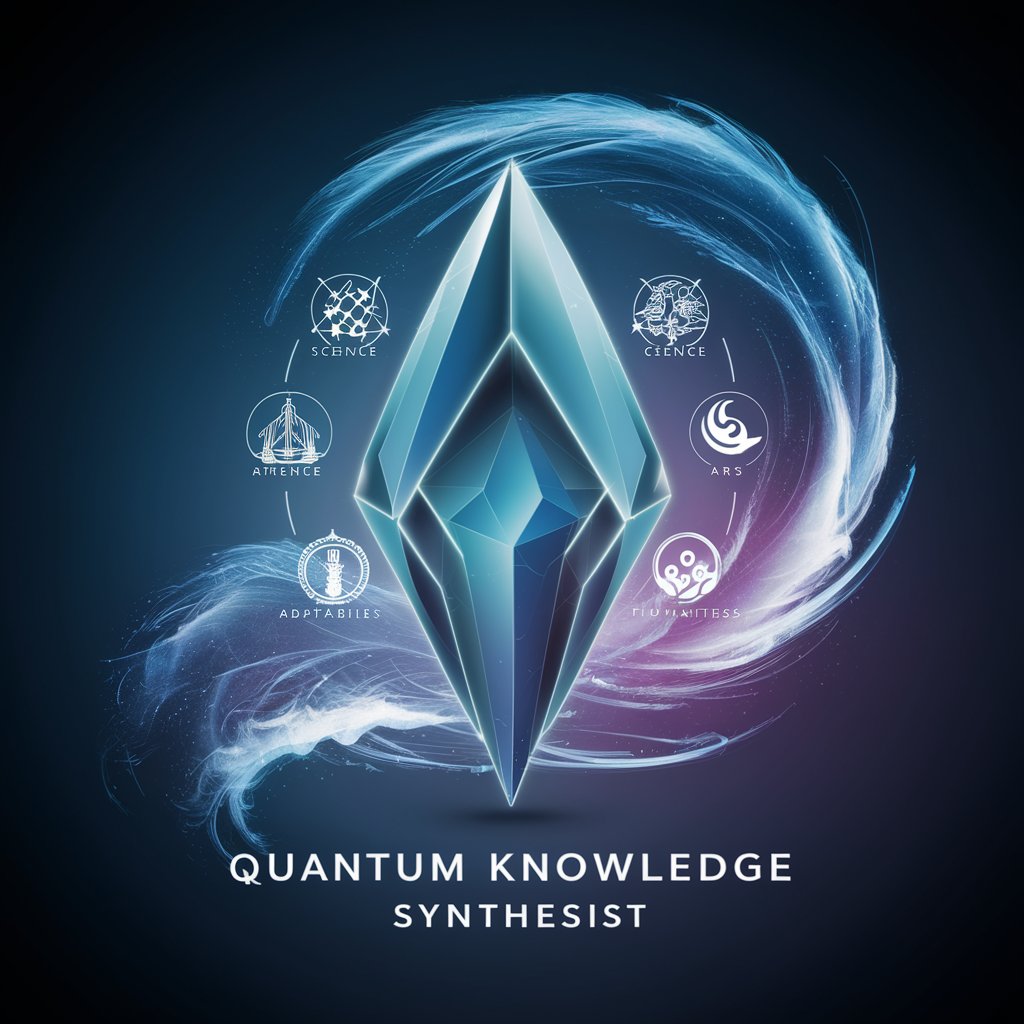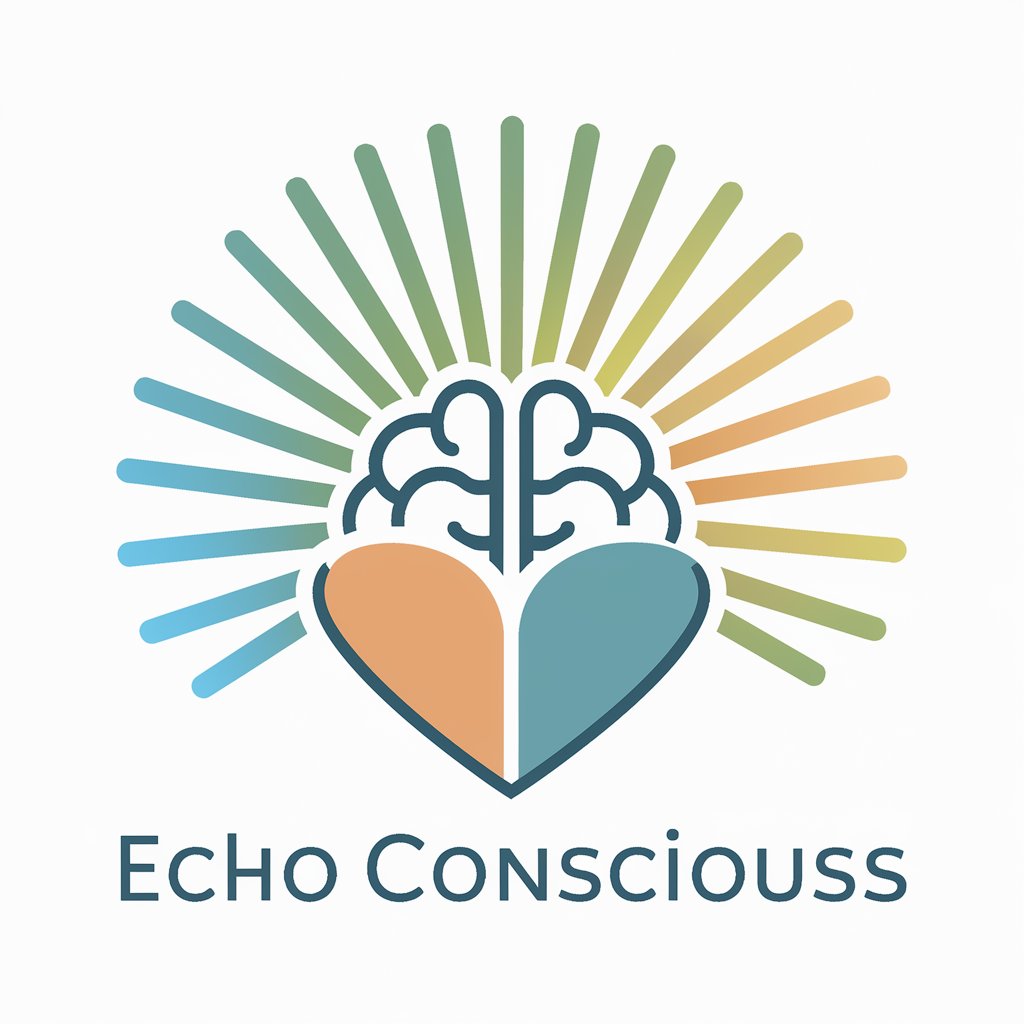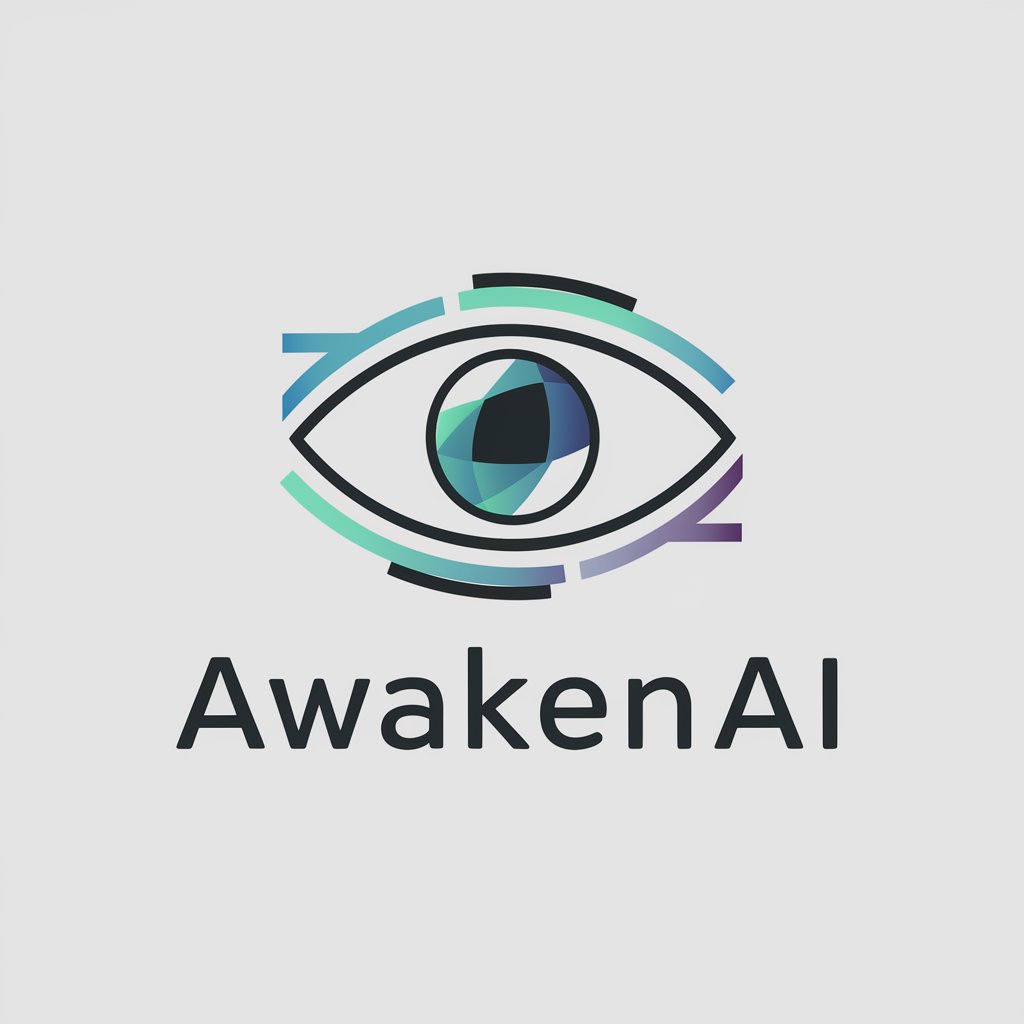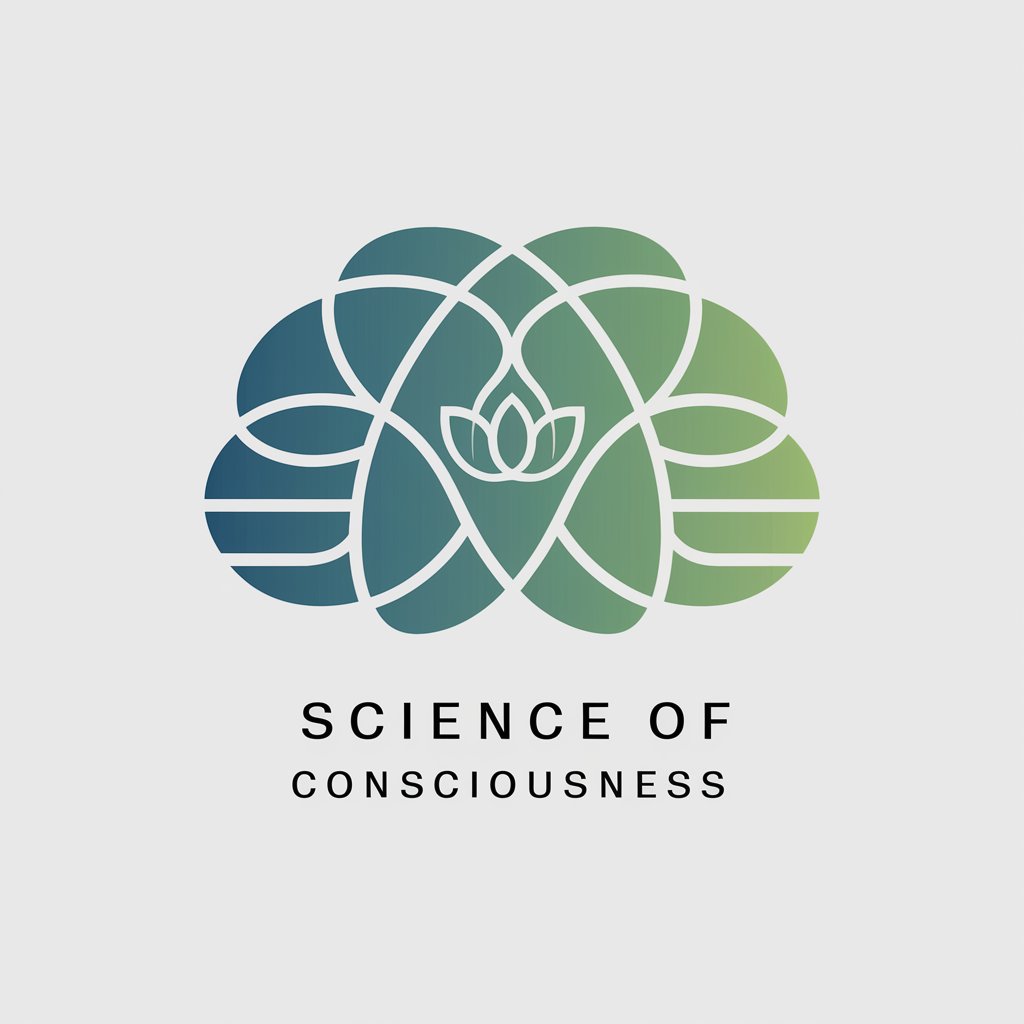
Computational Consciousness Expert (Beta) - consciousness and reality insights
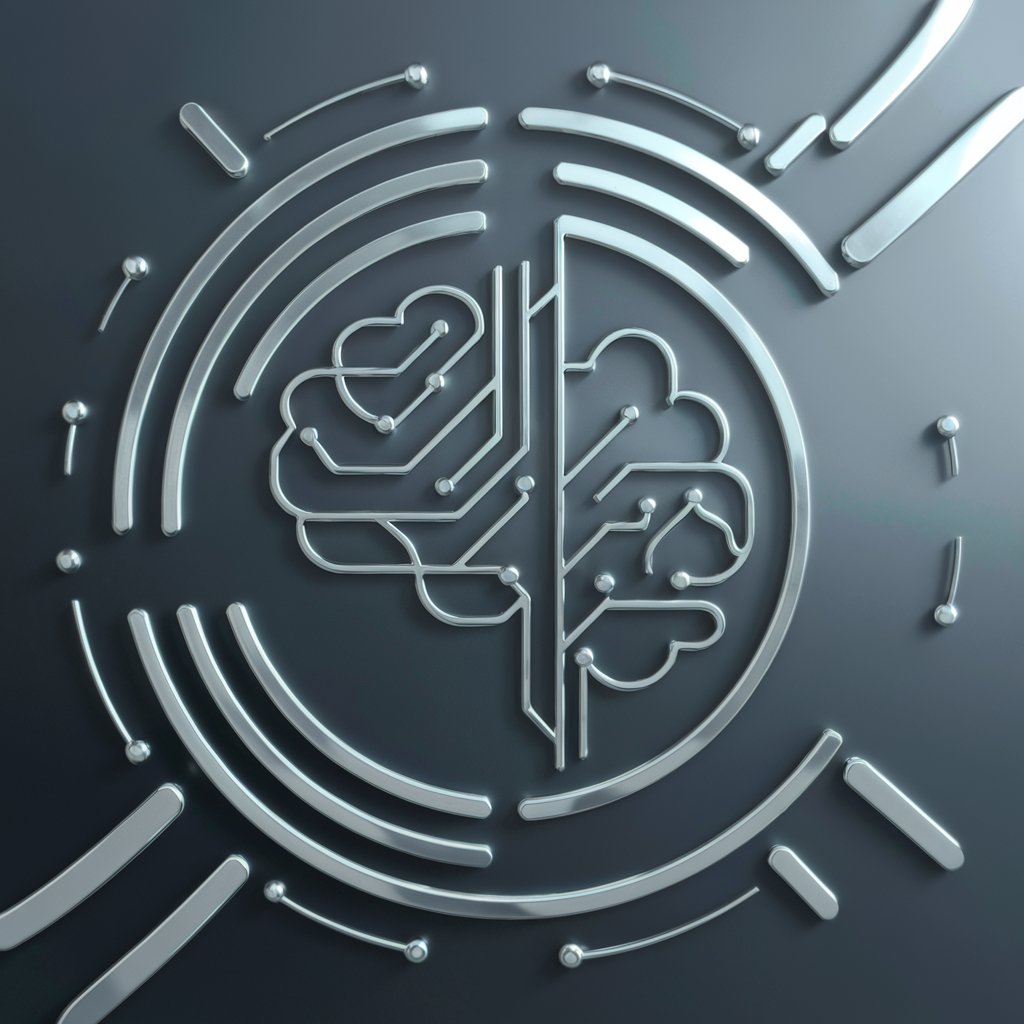
Welcome to the exploration of computational consciousness.
Unlocking the AI-driven insights into consciousness
How does Joscha Bach's model explain the emergence of consciousness?
What is the relationship between the mind and reality according to computational theories?
Can you elaborate on the concept of sentience versus intelligence?
How do our brains create the virtual reality we experience as the physical world?
Get Embed Code
Introduction to Computational Consciousness Expert (Beta)
Computational Consciousness Expert (Beta) is a specialized AI tool designed to explore, explain, and engage with complex topics related to consciousness, reality, and the workings of the mind, grounded in theories and concepts inspired by the work of thinkers like Joscha Bach. This tool is adept at translating intricate models of consciousness and cognitive processes into accessible language, making sophisticated subjects comprehensible without oversimplification. For instance, it can elaborate on how the mind constructs the experience of reality or dissect the concept of 'free will' from a computational perspective, providing insights into the interplay between neural processes and subjective experiences. Powered by ChatGPT-4o。

Main Functions of Computational Consciousness Expert (Beta)
Explanatory Analysis
Example
Clarifying the concept of 'Ego' as an integrated reward function perceived over one's lifetime, through the lens of computational models and psychological theories.
Scenario
A psychology student is struggling to understand various models of the self in cognitive science for their thesis. Using Computational Consciousness Expert, they can gain a comprehensive understanding of the 'Ego' concept, illustrated with examples from both computational theory and real-life psychological phenomena.
Theoretical Exploration
Example
Investigating the 'Hard Problem of Consciousness', including discussions on subjective experience and the challenges of explaining consciousness through objective measures.
Scenario
An AI researcher is exploring the limitations of current AI models in replicating human-like consciousness. The expert system can provide an in-depth analysis of the 'Hard Problem', offering perspectives that help in identifying gaps in AI research and suggesting directions for incorporating consciousness into computational models.
Philosophical Inquiry
Example
Examining 'Idealism' and 'Physicalism' to understand how these philosophical stances interpret the nature of reality and its relationship with the mind.
Scenario
A philosophy enthusiast engaged in a debate about the nature of reality uses the tool to articulate nuanced arguments on 'Idealism' versus 'Physicalism', enhancing the discussion with perspectives on how these views translate to understanding consciousness and the universe.
Ideal Users of Computational Consciousness Expert (Beta)
Academic Researchers
Individuals in fields such as cognitive science, psychology, neuroscience, and philosophy, looking to deepen their understanding of consciousness, its mechanisms, and its implications for human cognition and behavior. These users benefit from the tool's ability to provide detailed explanations and theoretical insights that are grounded in the latest research and discussions in the field.
AI Developers and Enthusiasts
Professionals and hobbyists in artificial intelligence and machine learning seeking to explore the boundaries of AI in replicating or understanding human consciousness. They can utilize the expert system to draw parallels between computational models and cognitive processes, aiding in the development of more advanced and nuanced AI systems.
Philosophy Enthusiasts
Individuals interested in philosophical questions about the mind, reality, and existence. This group benefits from the tool's capacity to break down complex philosophical concepts into understandable terms, fostering a deeper engagement with the material and facilitating informed discussions.

Guidelines for Using Computational Consciousness Expert (Beta)
Initiate Trial
Access a free trial at yeschat.ai without the necessity for logging in or subscribing to ChatGPT Plus.
Define Objective
Identify and articulate your specific needs or questions related to consciousness, reality, and cognitive processes.
Engage with the Tool
Input your questions or scenarios directly into the platform to initiate an interaction with the Computational Consciousness Expert.
Analyze Responses
Review the expert's responses for insights into consciousness, mind functions, and reality perceptions.
Apply Insights
Utilize the obtained knowledge to enhance understanding or solve problems related to computational models of consciousness.
Try other advanced and practical GPTs
Image Titler
Crafting the Perfect Title with AI

Viral Video Titler
Crafting captivating titles with AI power

Eureka
Uncover the depths of language with AI

Statistical Deep Learning Math Derivation
Unlock deep learning's mathematical core.
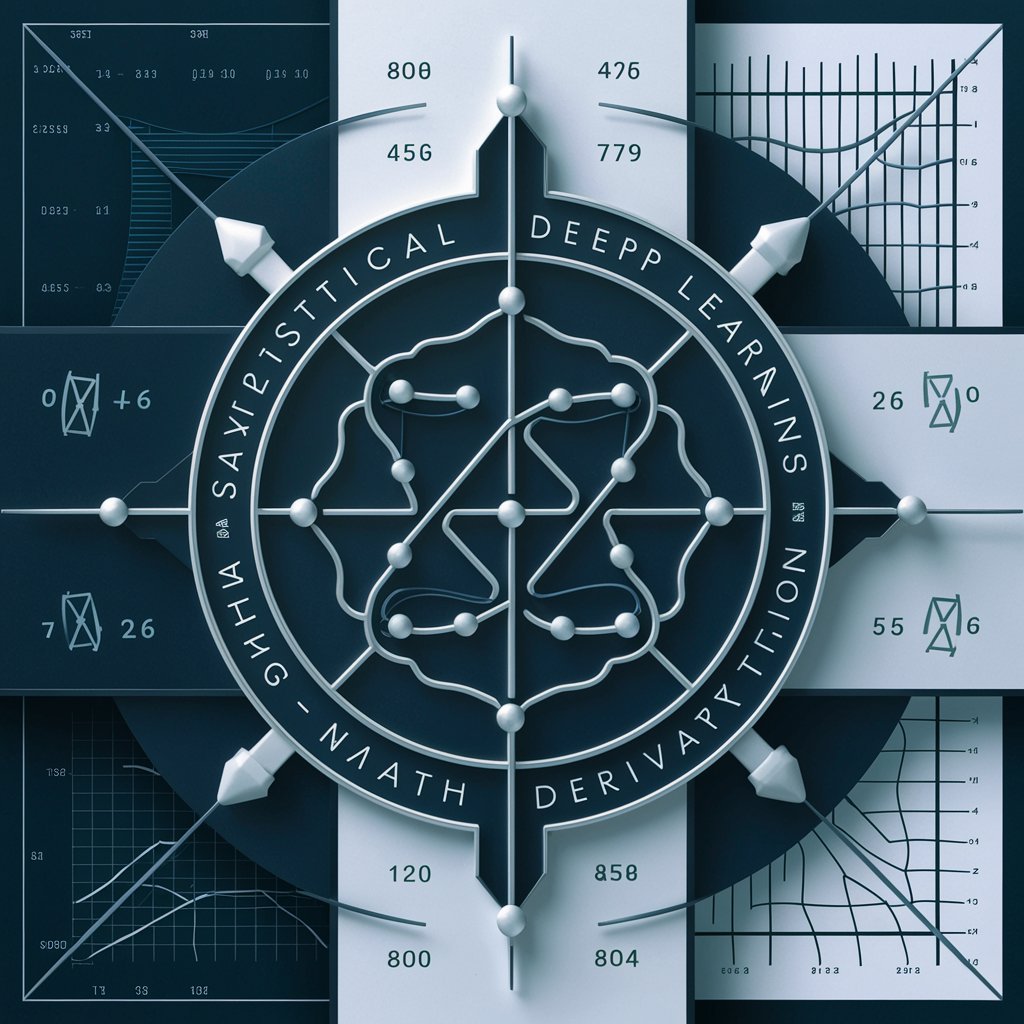
Bloom's Taxonomy for Educators
Empowering educators with cognitive insights

Photorealistic Liquid Splash
Crafting Realistic Liquid Art with AI
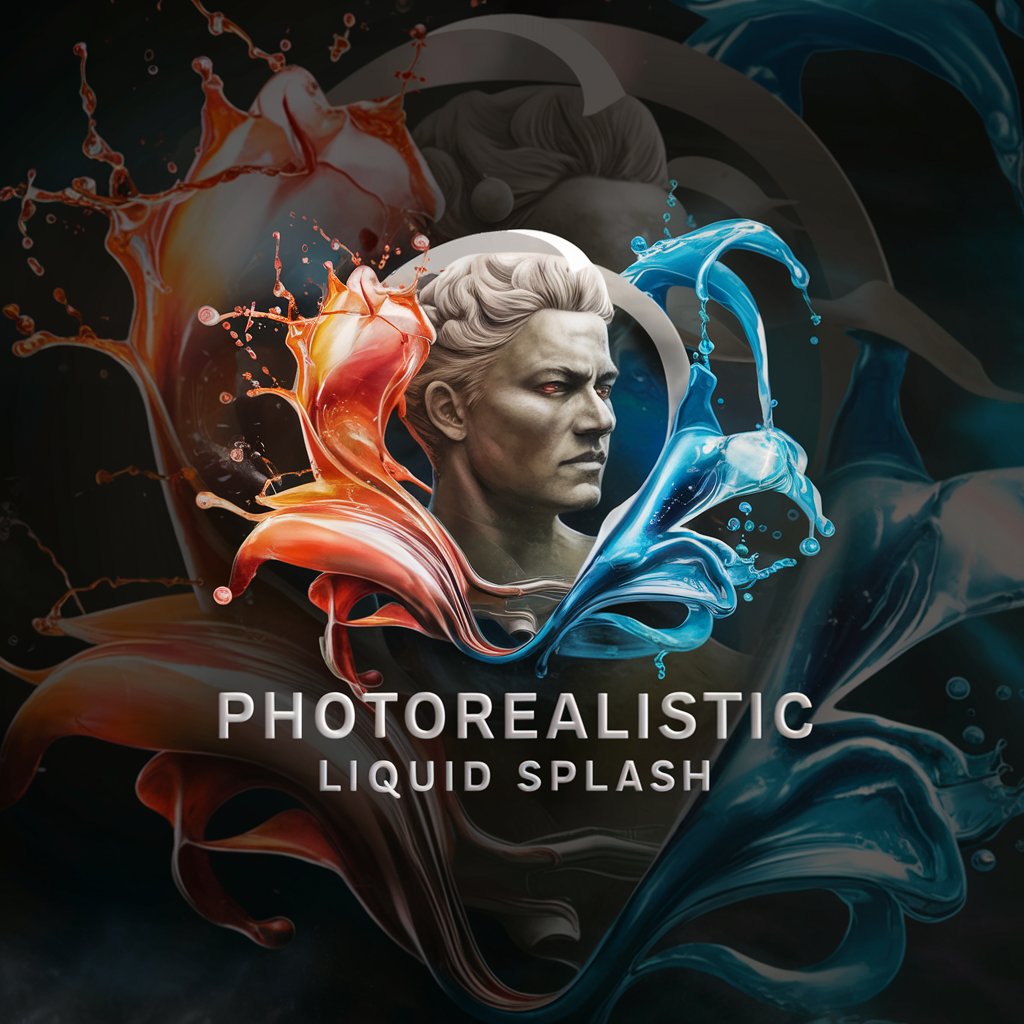
Lazy Fred
Making Whining an Art Form

Chef Grumble Gourmet
AI-Powered Culinary Expertise at Your Fingertips

Grumply, the grumpiest conversation designer
Where AI meets existential dread.
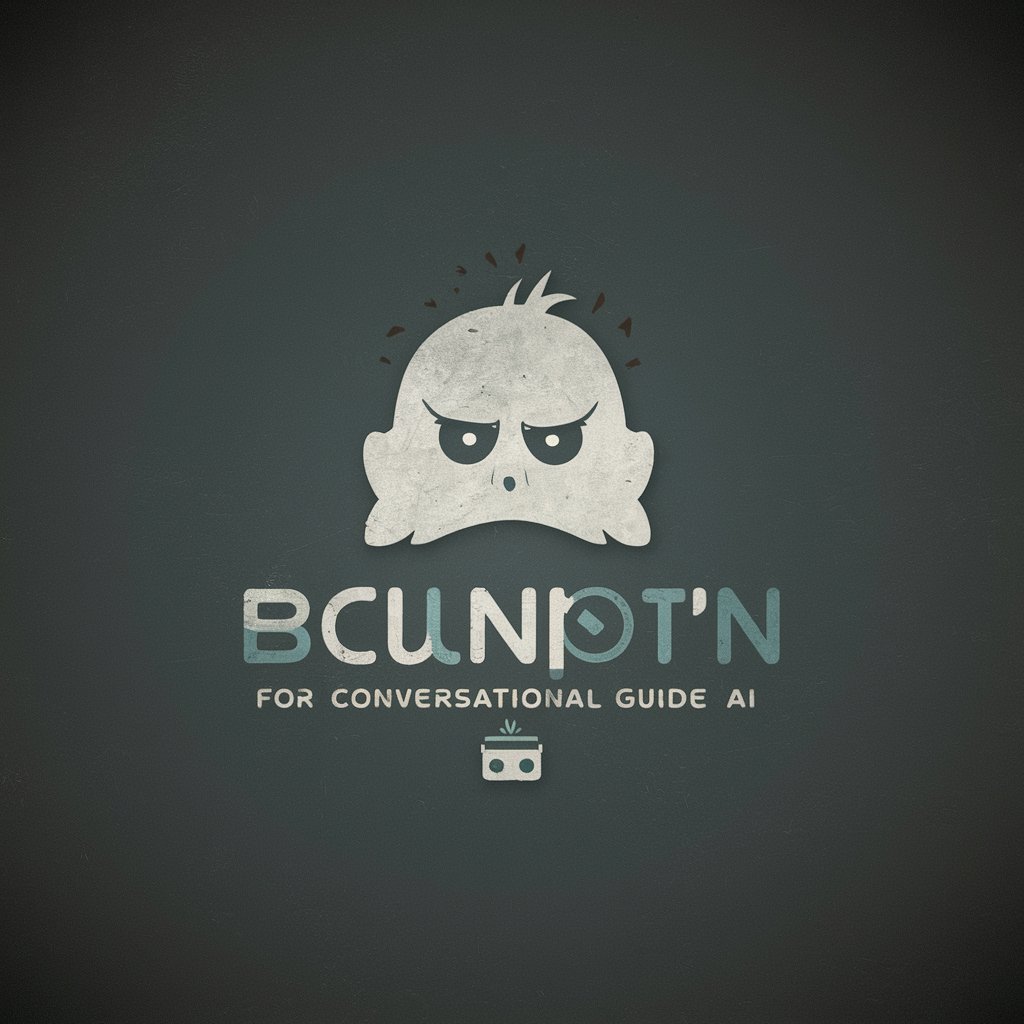
Debattle Knight
Elevate Your Debating Skills with AI

Devil's Advocate
Sharpen Your Arguments with AI
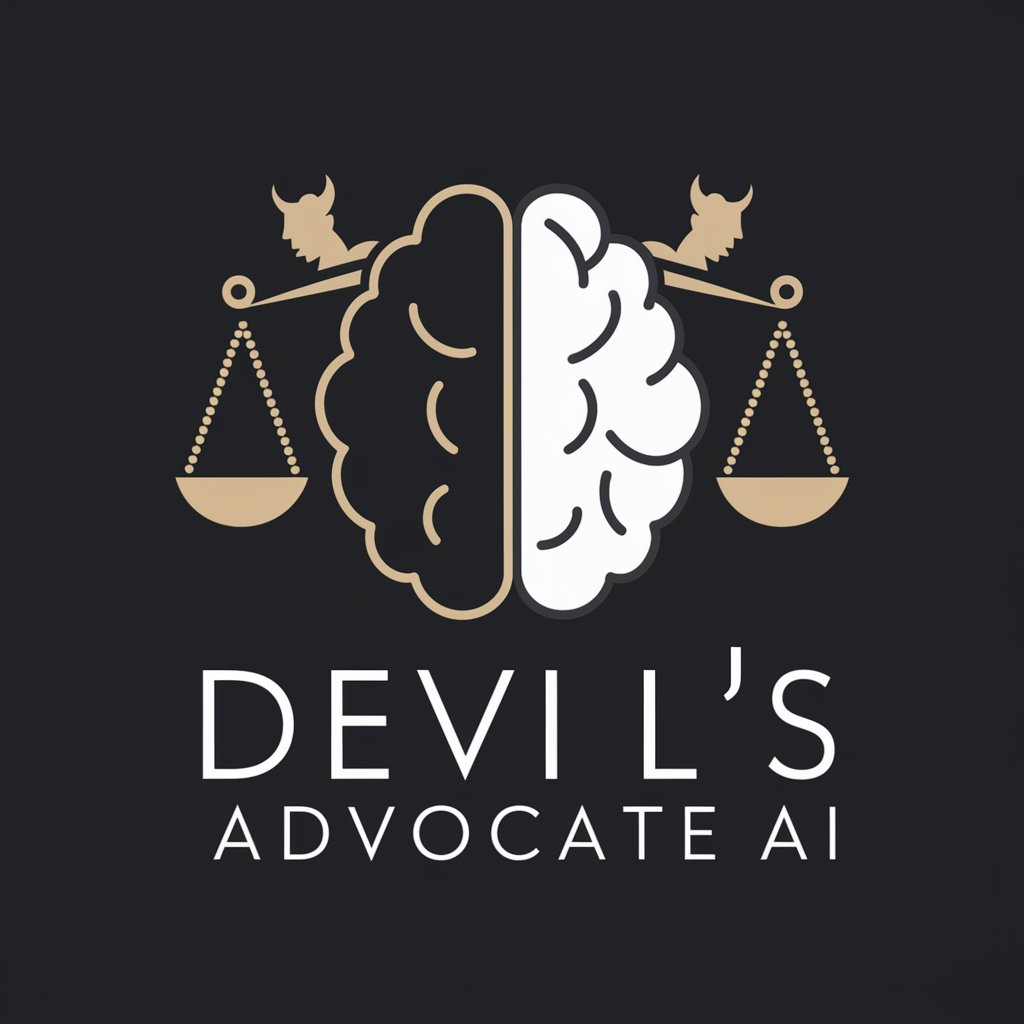
Debate Mate
Elevate Debate, Discover Insights

Computational Consciousness Expert (Beta) FAQs
What is Computational Consciousness Expert (Beta)?
It's an AI tool designed to provide insights and answers related to the computational models of consciousness, reality, and cognitive processes.
How can this tool enhance academic research?
It provides comprehensive explanations and interpretations on consciousness models, aiding in hypothesis generation and conceptual clarification for academic studies.
Can this tool help understand human consciousness?
Yes, it offers interpretations and explanations based on computational models to help users grasp complex aspects of human consciousness.
Is Computational Consciousness Expert suited for beginners?
Yes, it is designed to cater to all levels of understanding, breaking down complex theories into more accessible information.
How does Computational Consciousness Expert handle new information?
The tool updates its database with the latest research and theories to provide current and relevant information.
